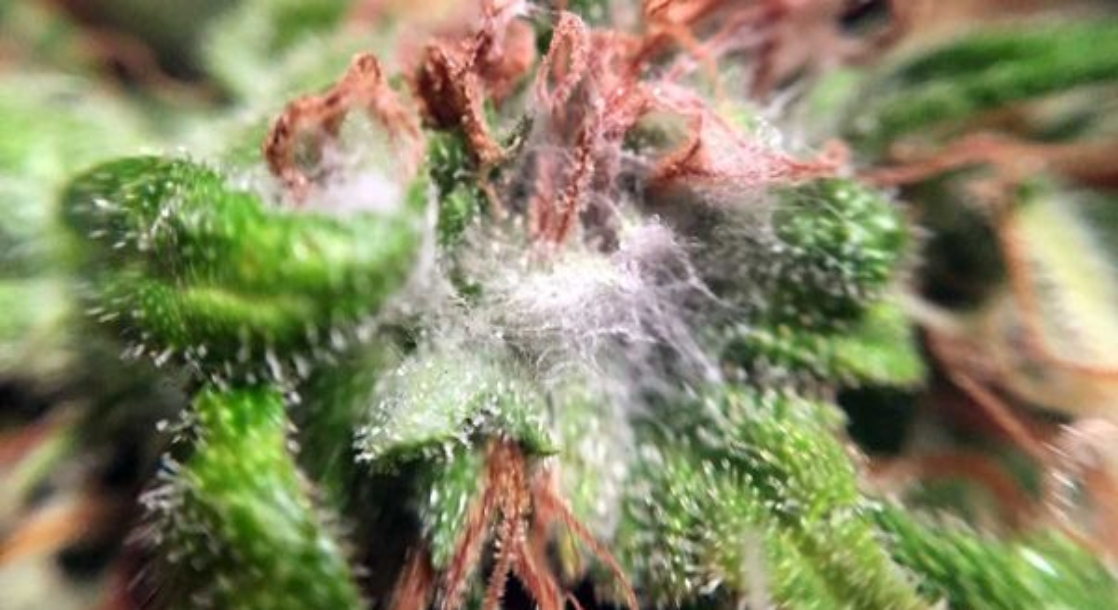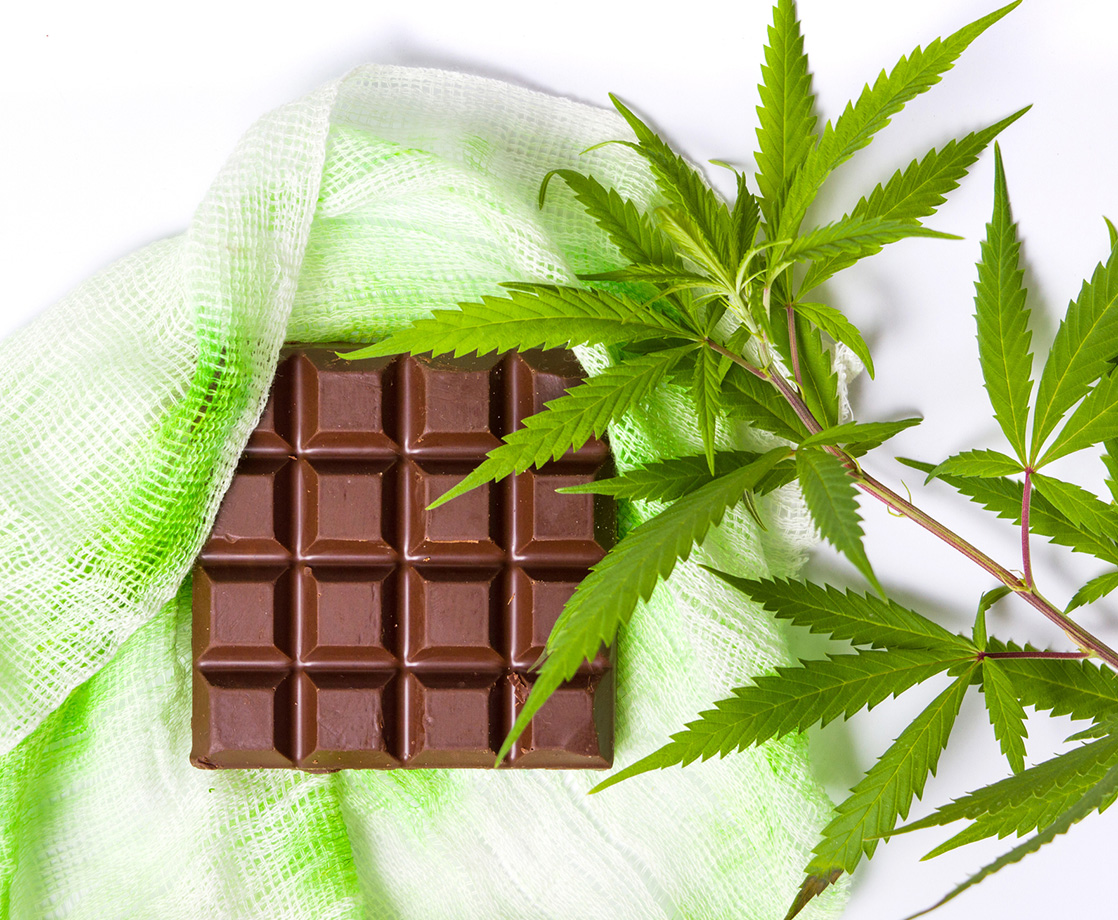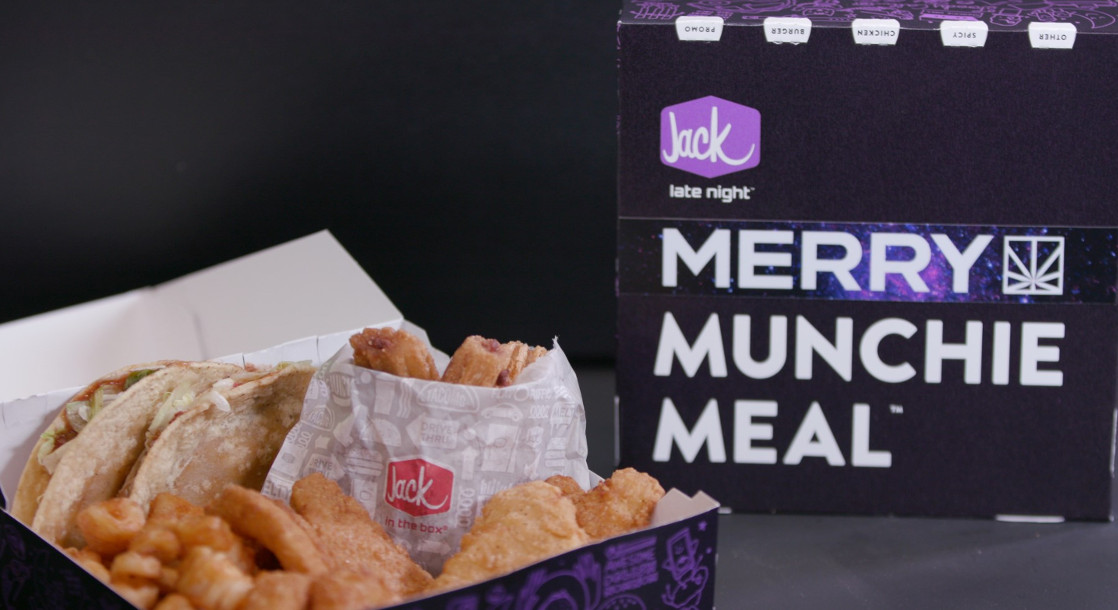Colorado’s legal weed products may be sprouting mold and yeast only after they’ve made it to the storefront shelves, new lab tests show.
On September 9 and 11, Denver released lab results from 25 randomly selected dispensaries within the city’s limits. Of the 25 shops, 20 were selling some cannabis products that contained unacceptable levels of mold or yeast. That’s a whopping 80 percent of all stores that were tested.
“There are many different reasons why products may show up on the sale shelf contaminated,” said Abby Davidson, the food and marijuana safety manager at the Denver Department of Public Health and Environment (DDPHE), to Westword. “It’s not that the dispensary that it was sent to had any hand, possibly, in contaminating the product. Or it could be that there were processes that happened after cultivation that maybe would’ve led to contamination. It’s really hard to point any fingers until we’re able to do our investigation and backtrack to how that product got to that dispensary.”
To sum up what Davidson said: There’s currently no testing protocol for weed products once they hit dispensary shelves in Colorado. Products are only batch tested after cultivation, once they’ve been extracted into concentrates, or after they’re infused into non-smokable products. As Davidson clarified, Denver officials aren’t trying to catch dispensaries with their pants down; rather, the city wants to understand what happens to weed products after they sit in bottles or behind glass counters for weeks on end.
Moldy weed has always been an issue with large-scale indoor grows, but the problem may have gotten worse after Colorado’s 2015 pesticide scandal, where some of the state’s biggest dispensaries were busted for spraying Eagle-20 a.k.a. myclobutanil, a powerful fungicide that may be toxic when burned and inhaled. With Eagle-20 now officially on the banned list of weed-grow chemicals, dispensaries were forced to resort to other mold-control methods, which may be much safer than Eagle-20 but not as effective.
Gallery — Here’s How to Tell If Your Weed Is Moldy:
The city has not yet released its official report on the random tests, but Westword got a hold of some of the results. Additionally, Denver officials have not named the dispensaries in question or which products came up positive for mold or yeast. But the publication did note that the only products testing hot were whole flower, pre-rolled joints, and shake weed.
While health authorities know that some mold and yeast strains can produce toxins that are dangerous to humans, there’s still no consensus concerning which levels of smoking molds or yeast are acceptable. Further, only certain molds and yeasts are known to cause serious health complications in humans. The Denver random test sampling did not assess whether the molds and yeasts found in weed products were the dangerous ones, only that the products tested above the thresholds for molds and yeast.
“It is important to note that the tests collected by DDPHE were not taken as part of an enforcement action or as a result of any complaints received about our products,” said one Colorado-based dispensary CEO, who Westword did not identify. “DDPHE collected samples from several Denver dispensaries as part of an assessment of the marijuana industry that is based on questionable scientific principles.”
Although the anonymous CEO never clarified how the City of Denver’s assessment was “based on questionable scientific principles,” Westword mentioned that one weed industry lobby, the Marijuana Industry Group, has criticized the state’s mold and yeast limits as “too strict and broad.”
Follow Randy Robinson on Twitter











